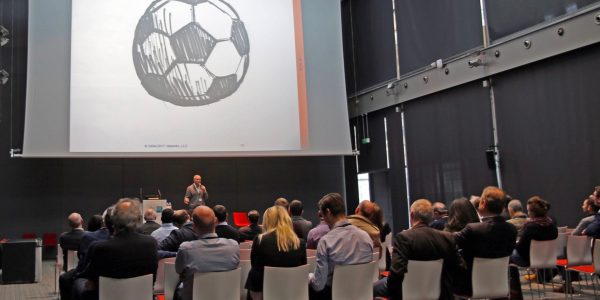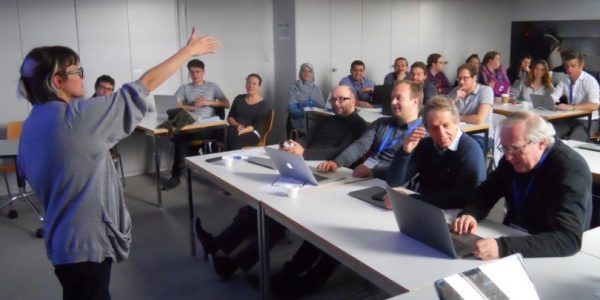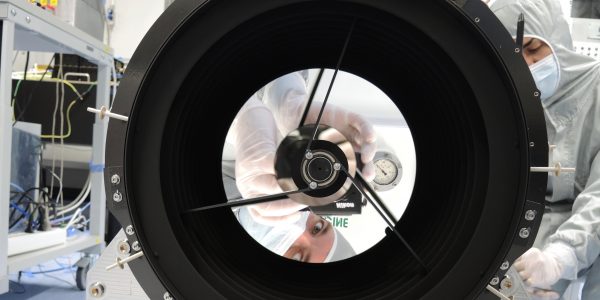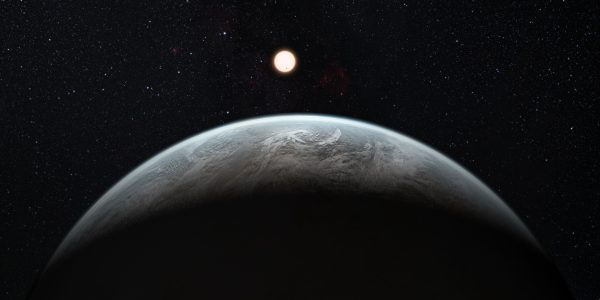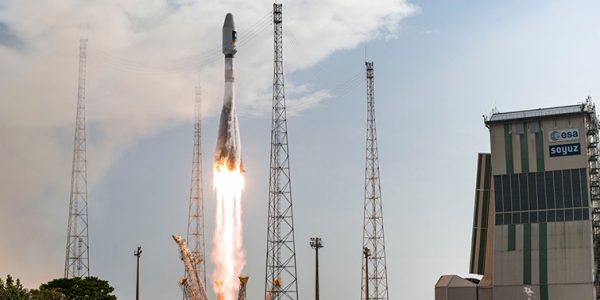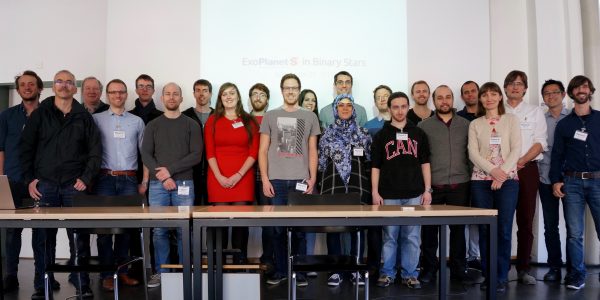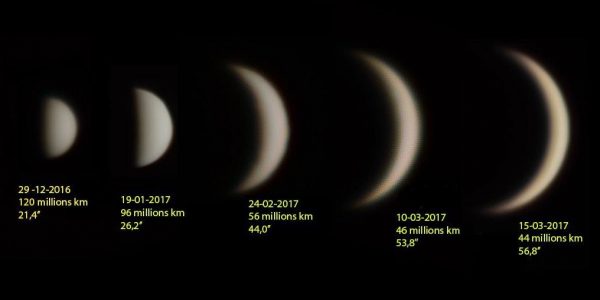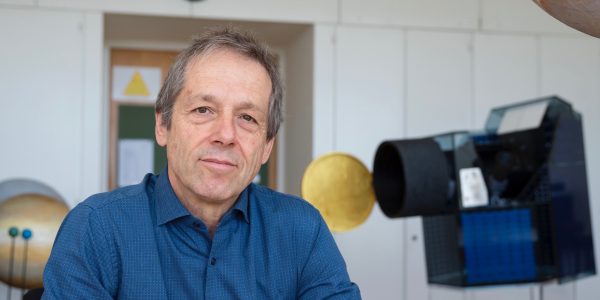News
Swiss Company Maker
Around twenty future entrepreneurs had been selected by the SwissCompanyMaker to participate in a workshop (supported partly by NCCR PlanetS) on the possibility of turning an idea into viable businesses. Assisted by professional coaches, they spent two days trying to identify and overcome the obstacles on the road to success. “Are you an entrepreneur? “”Why […]
Continue ReadingWork-life balance in academia
The PlanetS Academic Platform carried out a survey with PlanetS professors and senior scientists to find out their point of view when it comes to ‘work-life balance in academia’ and what it means to them. By Nadine Afram The survey questions were based on work-life balance and time management articles and on feedback from a […]
Continue ReadingFemale birds sing, too
In the last edition of the InsiderS, I wrote about some surprising insights concerning the gender dimension in academic research (http://nccr-planets.ch/heartbreaking-disregard-female-perspective/). This is the last article in this series and deals with gender in research projects, as discussed during a gender conference (http://nccr-planets.ch/gender-bias-erc-grant-evaluation/) – it would be interesting to see how and where this could […]
Continue ReadingWorkshop on exoplanet densities
About 40 PlanetS members and associates met on 3 May 2017 to discuss topics related to exoplanet densities in a workshop at the University of Bern. «It was a day to get inspired,» summarizes Caroline Dorn who organised the event together with François Bouchy. How confident are we with the determined masses and radii from […]
Continue ReadingTelescope mirror safely delivered to Bern
At the end of April 2017, an eagerly-awaited cargo from Italy arrived at the University of Bern: the telescope flight model of CHEOPS. The incoming inspection carried out on 3 May 2017 showed that the entire hardware had arrived intact. «Finally, the flight hardware of the telescope has arrived here in Bern,» says CHEOPS project […]
Continue ReadingA habitable planet in the constellation of the Whale ?
An international team of astronomers, including researchers from the University of Geneva (UNIGE) and the NCCR PlanetS, discovered a rocky planet in the habitable area of a small star. The mass of this planet makes it particularly interesting since it would allow it to retain an atmosphere and thus make possible the emergence of life. […]
Continue ReadingCHEOPS will ride on a Soyuz rocket
Now it is clear: the space telescope CHEOPS – CHaracterising ExOPlanet Satellite – will be launched with a Soyuz rocket from Europe’s spaceport in Kourou in French Guyana. The European Space Agency (ESA) has announced the decision today Thursday, 6 April 2017 The exact launch date remains to be confirmed. It is clear, however, that […]
Continue ReadingWorkshop on Planets in Binaries
A workshop on planets in binary stars was organized on Monday 27th of March 2017 in Berne. The organizers were composed of 4 members or associates of the NCCR PlanetS, Sebastian Daemgen (ETHZ), David Martin (UNIGE), Stéphane Udry (UNIGE) and Natacha Brügger (UNIBE). The main goal of the workshop was to reunite all the scientists […]
Continue ReadingThe phases of planets
On Saturday 25th of March 2017, Venus is at new phase and at the same time closest to the Earth, at 42 millions of kilometres (110 times the average Earth-Moon distance). This event is a good opportunity to talk about the phases of planets, including exoplanets, and to see what information they can teach us. In […]
Continue ReadingCuriosity driven research
Dear Reader, „Basic research is incredibly important” states Thomas Zurbuchen the new NASA Associate Administrator for the science Mission Directorate during his lecture at the University of Bern. Obviously, for us at PlanetS this was sweet music to our ears… Curiosity driven research (another expression for basic research) strives at understanding the world that surrounds […]
Continue Reading
